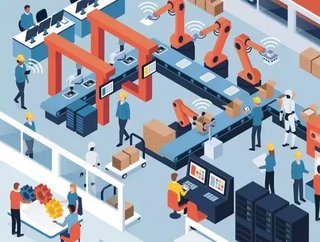Forrester says 76% of EU CIOs underprepared for automation

A new report from research and advisory firm Forrester says 76% of European CIOs are underprepared for automation.
The Path To Automation In Europe – Why And How It Will Be Different says employment protection initiatives implemented during the pandemic will delay CIOs' plans for automation across Europe, despite 76% of European organisations underprepared for automation compared to 65% in Asia Pacific and 73% in North America.
Only 20% of European business leaders can clearly articulate how automation could improve their business processes, according to the report.
Industries including utilities, manufacturing, and finance are leading automation efforts in Europe. Job markets such as Germany, which has a high degree of automation, are likely to experience a faster rate of growth, while Southern and Eastern Europe will be slower to adopt automation.
Forrester anticipates limited progress as companies rethink their plans to take advantage of government stimulus packages and employment protection schemes.
However, more European CIOs will build business continuity resilience and eventually move toward "lights-out manufacturing" by deploying fully automated manufacturing based on 5G, automated vehicles, and robots.
How CIOs can navigate automation challenges
“Already one step behind their global counterparts, European tech leaders will now feel the added pressure of government oversight,” says Forrester Principal Analyst and co-author of the report, Dan Bieler.
“If Europe wants to boost the benefits of automation and compete with the rest of the world on efficiency, resilience, and customer service, governments and businesses must reskill the workforce to support and advance automation initiatives.”
The report outlines steps to help CIOs navigate the challenges, including:
- Reskilling the workforce. Automation and AI are further accelerating the demand for technological skills.
- Allowing time before measuring automation benefits. On average, a full automation initiative rollout cycle takes about one and a half years.
- Retaining human expertise in your automation process design. Human judgment remains a key factor for automation projects.
- Five Minutes With: Björn Dufwenberg, MD at Strat7 AdvisoryLeadership & Strategy
- European bosses confident GenAI will benefit employeesTechnology
- Employees are at the heart of Netcompany’s GenAI solutionTechnology
- Leaders are urgently advocating for AI cyber regulationsLeadership & Strategy






